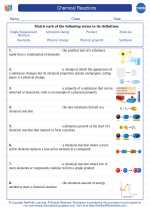Animals
Animals are multicellular, eukaryotic organisms belonging to the kingdom Animalia. They are heterotrophic, meaning they obtain their nutrients by consuming other organisms. Animals come in a wide variety of shapes, sizes, and habitats, and they play crucial roles in ecosystems around the world.
Classification of Animals
Animals can be classified into various groups based on different characteristics. The primary classifications include:
- Vertebrates - animals with a backbone, including mammals, birds, fish, reptiles, and amphibians.
- Invertebrates - animals without a backbone, such as insects, worms, mollusks, and arachnids.
Anatomy and Physiology
Animals have complex body systems that allow them to perform various functions. Some key anatomical and physiological features include:
- Respiratory system - how animals breathe and exchange gases.
- Circulatory system - how blood and nutrients are transported throughout the body.
- Digestive system - how animals obtain and process nutrients from food.
- Nervous system - how animals perceive and respond to their environment.
- Reproductive system - how animals reproduce and ensure the survival of their species.
Ecology and Behavior
Animals interact with each other and their environment in various ways. They exhibit behaviors such as migration, hibernation, mating rituals, and social interactions. Additionally, animals occupy different ecological niches and play crucial roles in food webs and ecosystems.
Human Interaction
Humans have a complex relationship with animals. We rely on them for food, companionship, and various resources, but our activities also impact their habitats and populations. Conservation efforts and ethical considerations are crucial for maintaining a balance between human needs and animal welfare.
Study Tips
To effectively study animals, consider the following tips:
- Understand the key characteristics and classifications of animals.
- Review the anatomy and physiology of different animal groups.
- Explore the ecological roles and behaviors of animals in different ecosystems.
- Consider the impact of human activities on animals and the importance of conservation.
By mastering these concepts, you can gain a deeper understanding of the fascinating world of animals and their importance to our planet.
.◂Chemistry Worksheets and Study Guides High School. Chemical Reactions

 Worksheet/Answer key
Worksheet/Answer key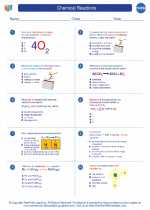
 Worksheet/Answer key
Worksheet/Answer key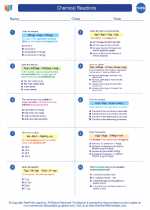
 Worksheet/Answer key
Worksheet/Answer key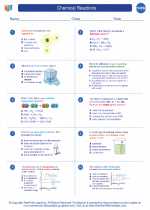
 Worksheet/Answer key
Worksheet/Answer key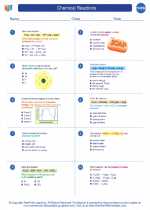
 Worksheet/Answer key
Worksheet/Answer key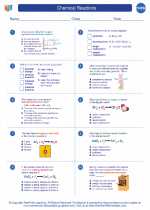
 Vocabulary/Answer key
Vocabulary/Answer key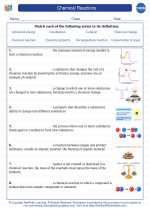
 Vocabulary/Answer key
Vocabulary/Answer key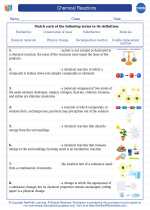
 Vocabulary/Answer key
Vocabulary/Answer key